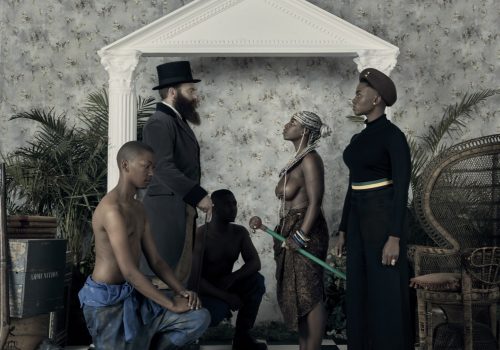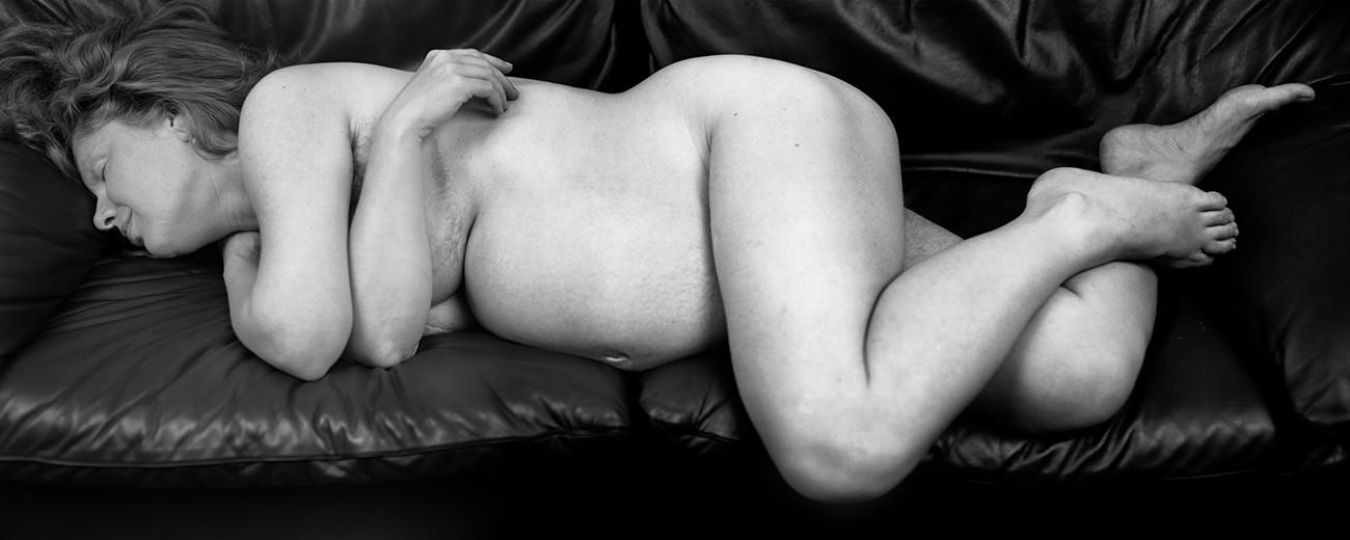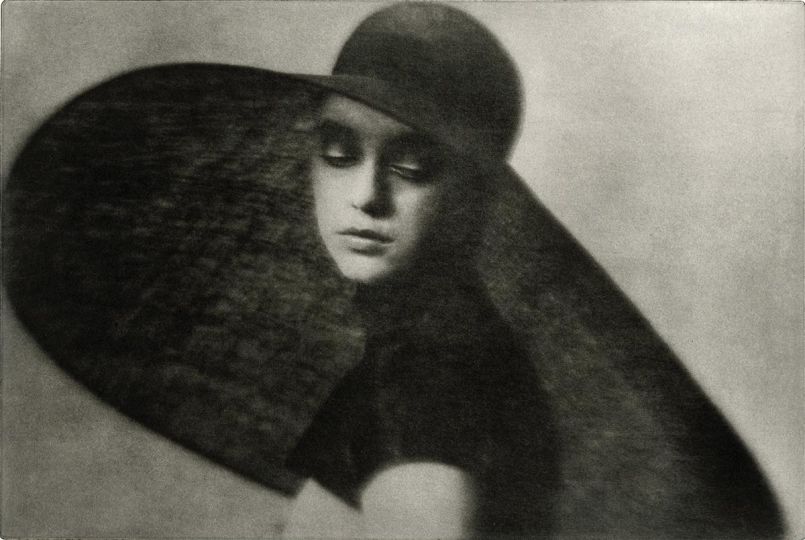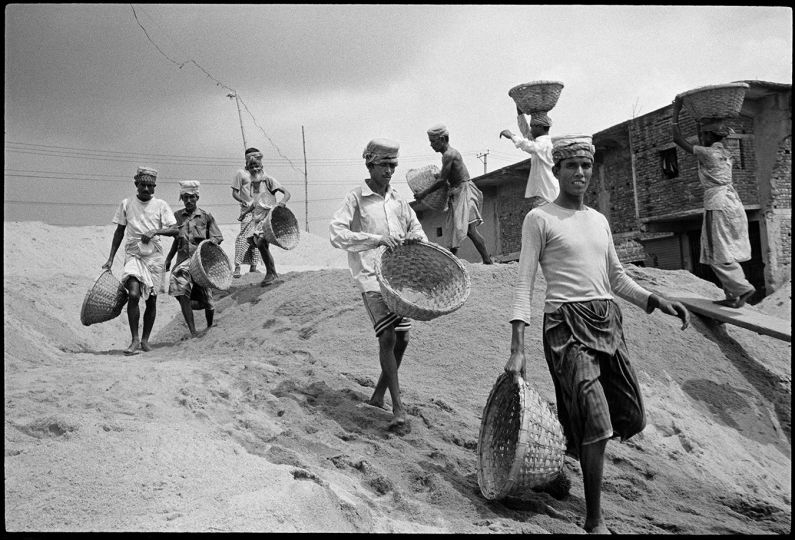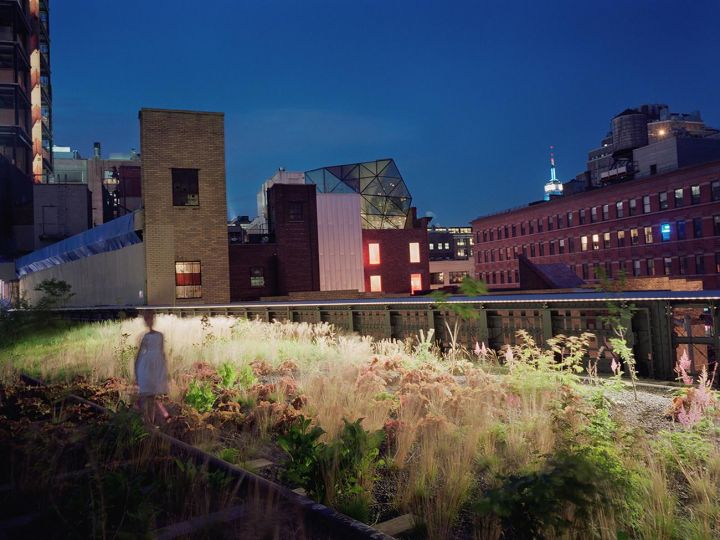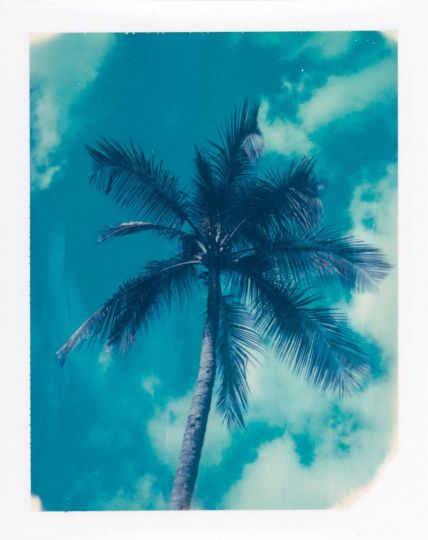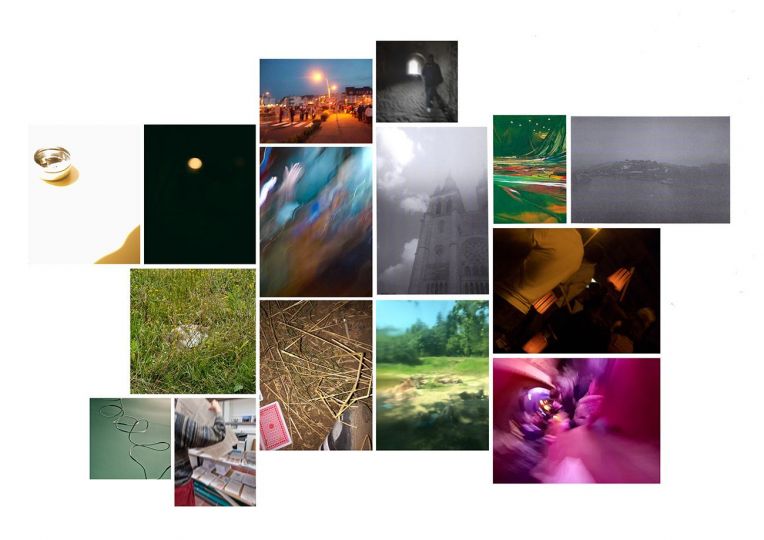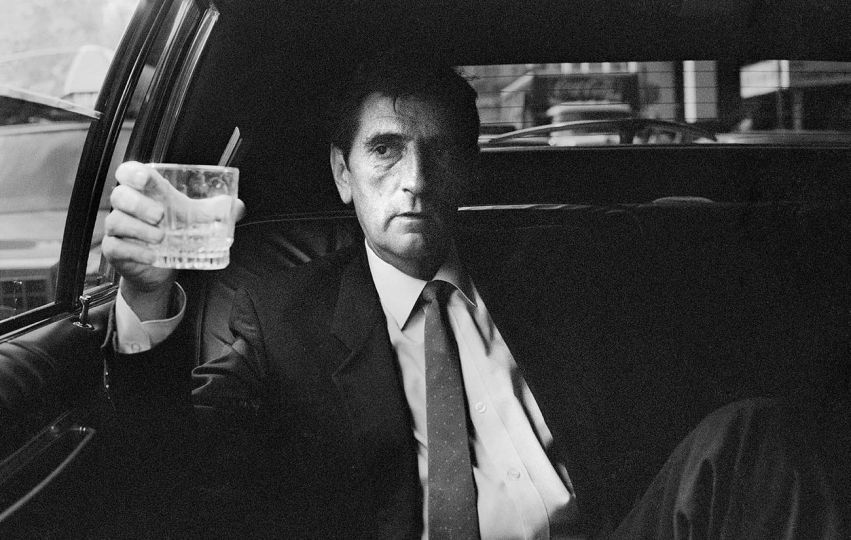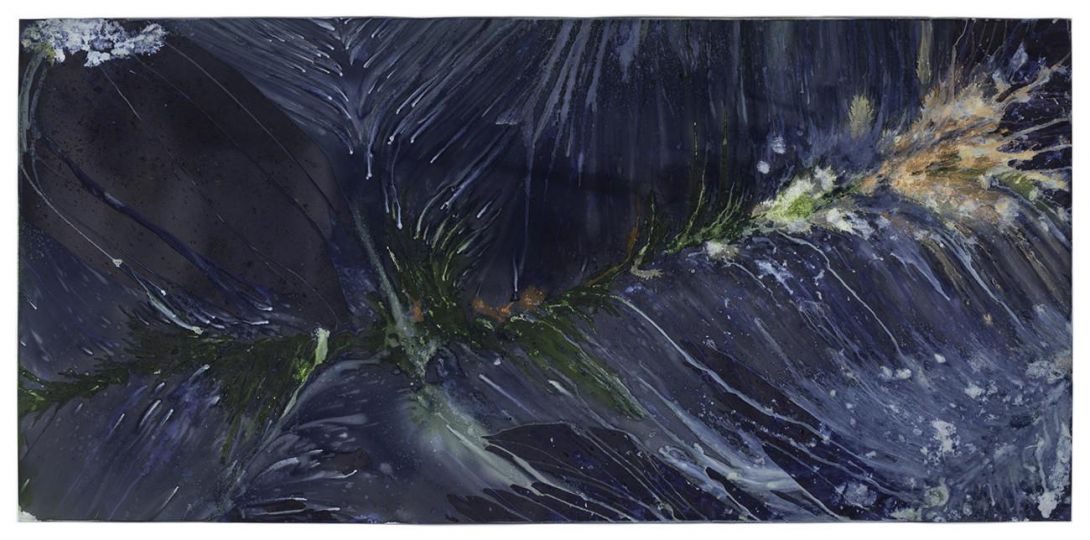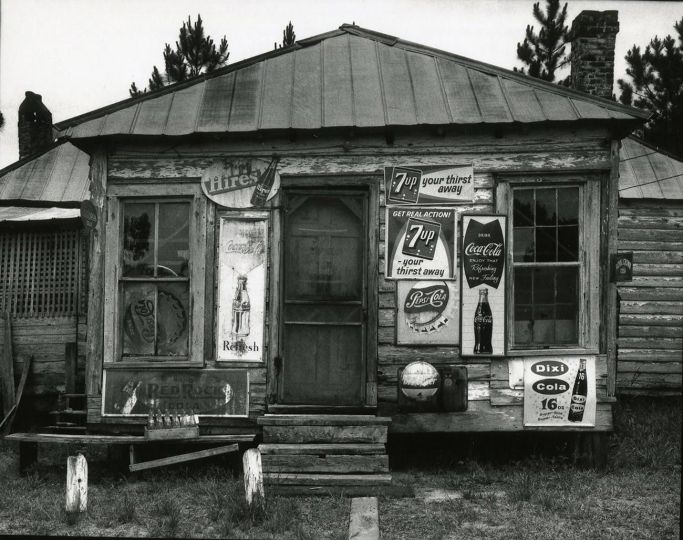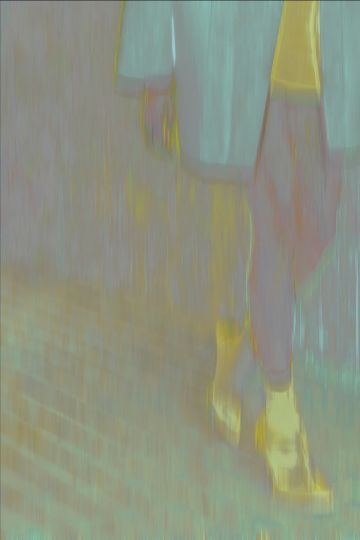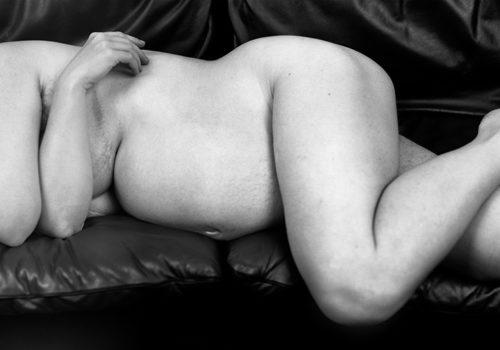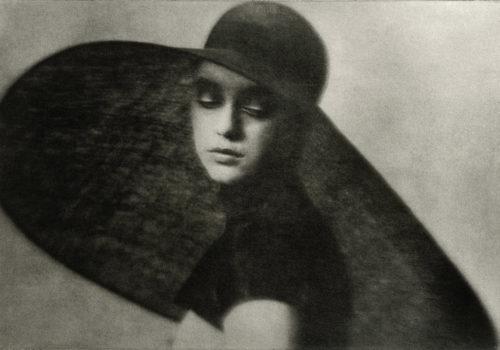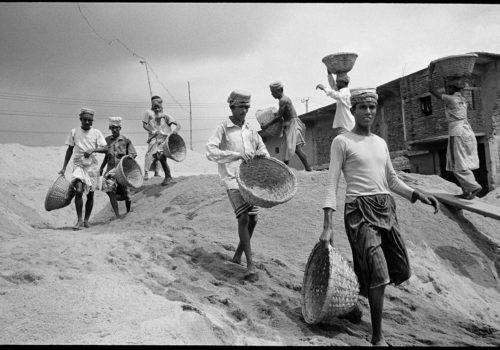It has been two thousand years since Pliny the elder, Roman naturalist, wrote “Ex Africa semper aliquid novi” (out of Africa, always something new), after returning from a voyage from the North of the African continent. It is from this phrase that Rio de Janeiro’s Centre Culturel Banco do Brasil (CCBB) decided to title its exhibition, dedicated to the works of about twenty African artists, Ex Africa (Out of Africa). The exhibition is coming at a moment when Rio de Janeiro is just starting (timidly) to remember its African roots with the recent discovery and reclamation of several historic sites linked to the history of slavery, but also through movements of identity claims on behalf of certain Brazilians, who make themselves each time more visible.
Of the twenty-odd artists presented, more than a third use photography, showing the strong presence of the medium in the artistic sphere of the continent. We are focusing on the photographic works in Ex Africa.
Through an apparently simple motif, the hairstyles of Nigerian women, J. D. ‘Okhai Ojeikere touches on issues as vast as the independence of several African countries during the 1960s and the cultural syncretism and aesthetic movements that ensued. A small selection from the inspiring work (which was made up of more than one thousand images) created by the Nigerian photographer allows one to contemplate these hairstyles, photographed is such a graphic way that they sometimes almost belong to design or architecture.
Among the work that also speaks to the history of cultural collisions between Europe and its colonies in Africa, we find the self-portraits of Omar Victor Diop, who, during a residency in Europe, began to photograph himself in the skin of a series of distinguished African men who marked Europe between the 14th and 19th centuries. The work titled Diaspora present a gallery of portraits inspired by Baroque European painting.
Zimbabwean artist and activist Kudzanai Chiurai offers imposing photographs in his series Genesis, in which he recounts the colonization of East and Central Africa after the expeditions of David Livingstone, whose intention was to replace slavery with commerce and Christianity. The theme of slavery is also addressed by the Beninese artist Leonce Raphael Agbodjelou, who, in five triptychs, talks about the neighborhood of Porto Novo, the artist’s hometown, also the place of a community formed by those who, having survived slavery, returned to Africa from the Americas. In his photographs he discusses the degradation of the neighborhood’s colonial architecture, all while portraying the descendants of these returned freed slaves.
Street photography is also present in the exhibition with the images of Guy Tillim, who makes street photography in its purest expression in the capitals of several African countries. He creates work imbued with a sort of shift, yet borrowing from a familiar photographic style, widely known and explored, in places where it was less practiced – or at least in places where it was less common to see photos.
The South African artist Andrew Tshabangu shows touching black and white photographs of homes where the habitants live in a very precarious manner. Finally, like in response to Tshabangu’s work and to the question of habitation in South Africa, Mikhael Subotzky and Patrick Waterhouse are presenting Ponte City, an installation of backlit photographs that show views from the apartment windows of a skyscraper in the center of Johannesburg, immersing us in the intimacy of the inhabitants and the impersonal of high-rise apartment buildings.
Though it seems limiting to englobe an entire continent in an exhibition (which is much too often the case when we talk about Africa in Western cultural institutions) it begs the question to know if the artists’ origin itself can justify the theme of an exhibition, Ex Africa nevertheless shows an art and artists that we do not often see, especially in photography, a varied, eclectic, and refreshing panorama
Elsa Leydier
Elsa Leydier is a photographer and author specialized in photography. She splits her life between Lyon and Rio de Janeiro.
Ex Africa
Through March 26, 2018
Centre Culturel Banco do Brasil
Rua Primeiro de Março, 66
Centro, Rio de Janeiro
RJ, 20010-000

